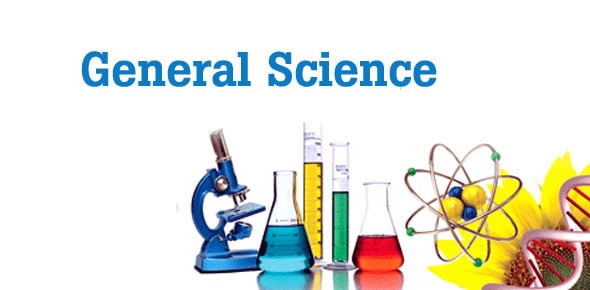
Computer System Servicing NC II Reviewer
Computer System Servicing (CSS) refers to the maintenance, repair, and optimization of computer hardware and software systems. It involves diagnosing and troubleshooting issues, installing and configuring operating systems, assembling and disassembling hardware components, and ensuring that computers function efficiently and securely.
With the increasing reliance on computers in businesses, education, and everyday life, proper system servicing is crucial to maintaining smooth operations. A well-maintained system reduces downtime, prevents data loss, and enhances overall performance.
By mastering CSS, individuals gain valuable technical skills that can lead to job opportunities in various industries. Whether for personal use or professional growth, learning computer system servicing is a step toward becoming tech-savvy and competitive in today’s digital world.

Food and Beverage Services 12
This is your Food and Beverage Services (FBS) Class. This course is designed for you to develop knowledge,
skills, and attitude to perform the tasks required. It covers the core competencies of (1) prepare dining room/restaurant area for service; (2) welcome guests and take
food and beverage orders; (3) promote food and beverage products; (4) provide food and beverage services to guest; (5) provide room service; and (6) receive and handle
guest concerns.
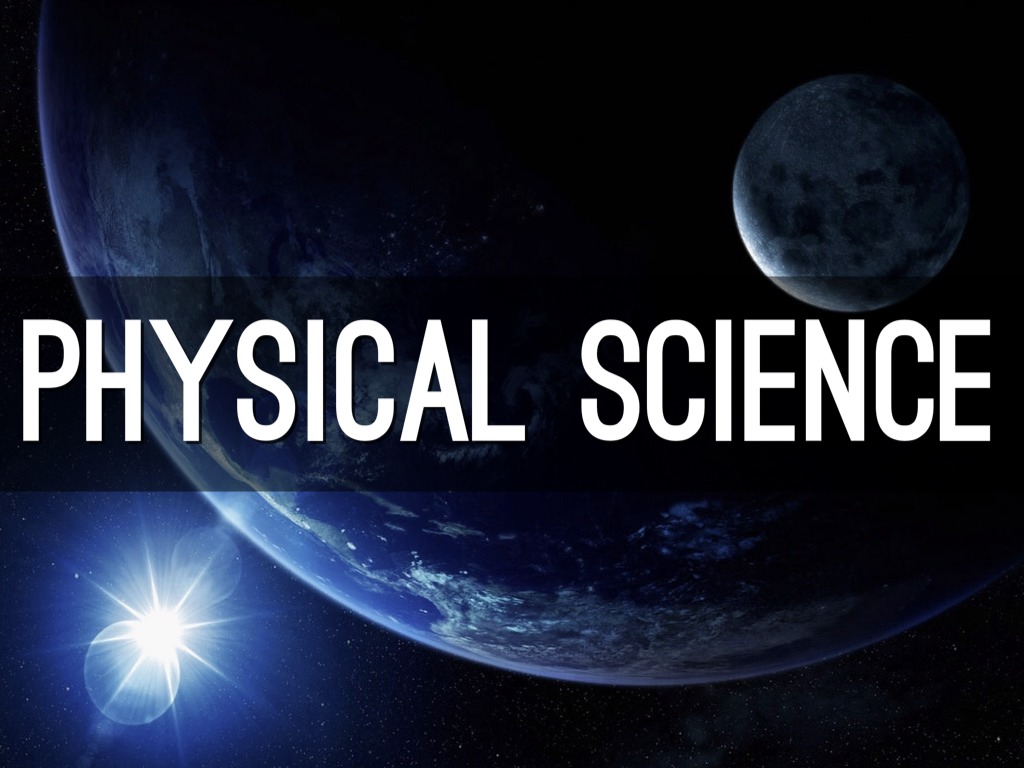
PHYSICAL SCIENCE (MS.ARONG)
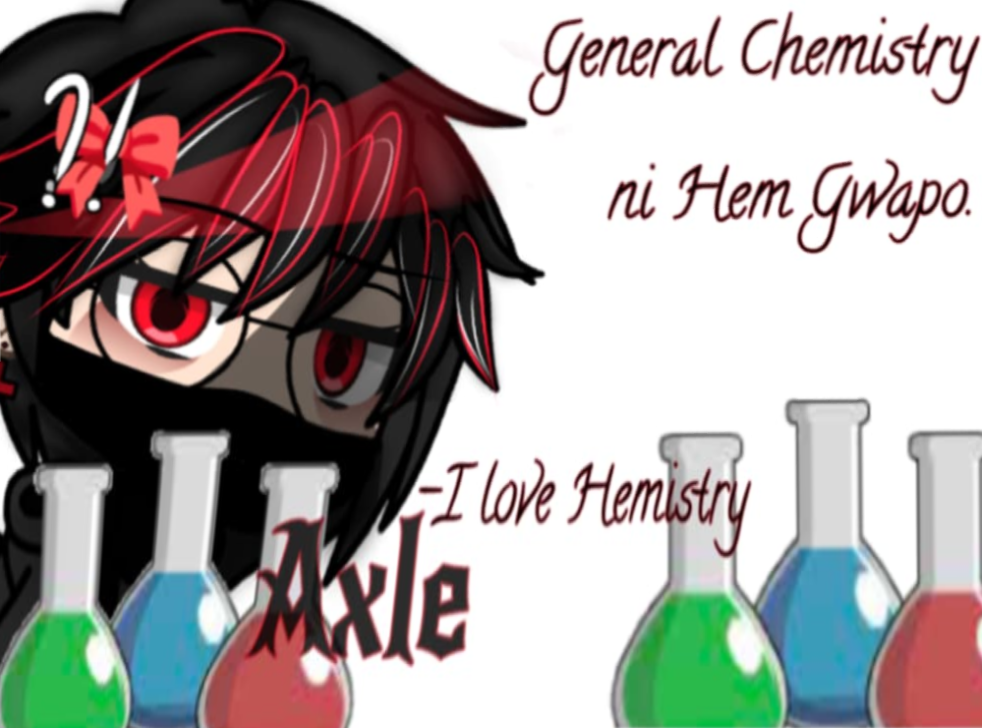
General Chemistry 2 ni Hem Gwapo-303199
This course builds upon the foundational principles of chemistry introduced in General Chemistry 1, offering a deeper exploration into the dynamics of chemical reactions and the properties of matter. Designed for senior high school students, this course emphasizes a blend of theoretical concepts and practical applications, fostering a comprehensive understanding of key chemical phenomena.
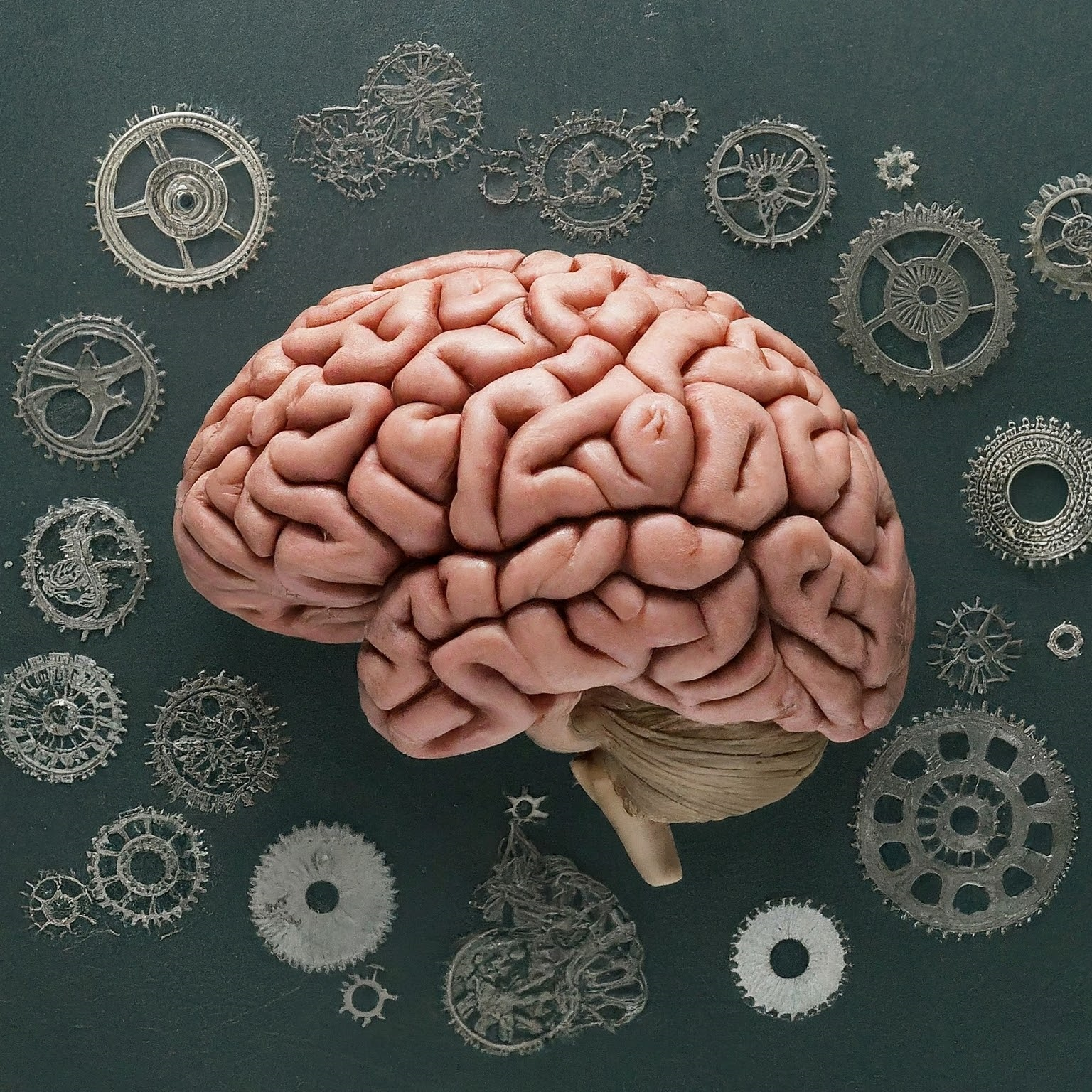
Practical Research 2 ni Hem Gwapo
This course develops critical thinking and problem-solving skills through quantitative research.
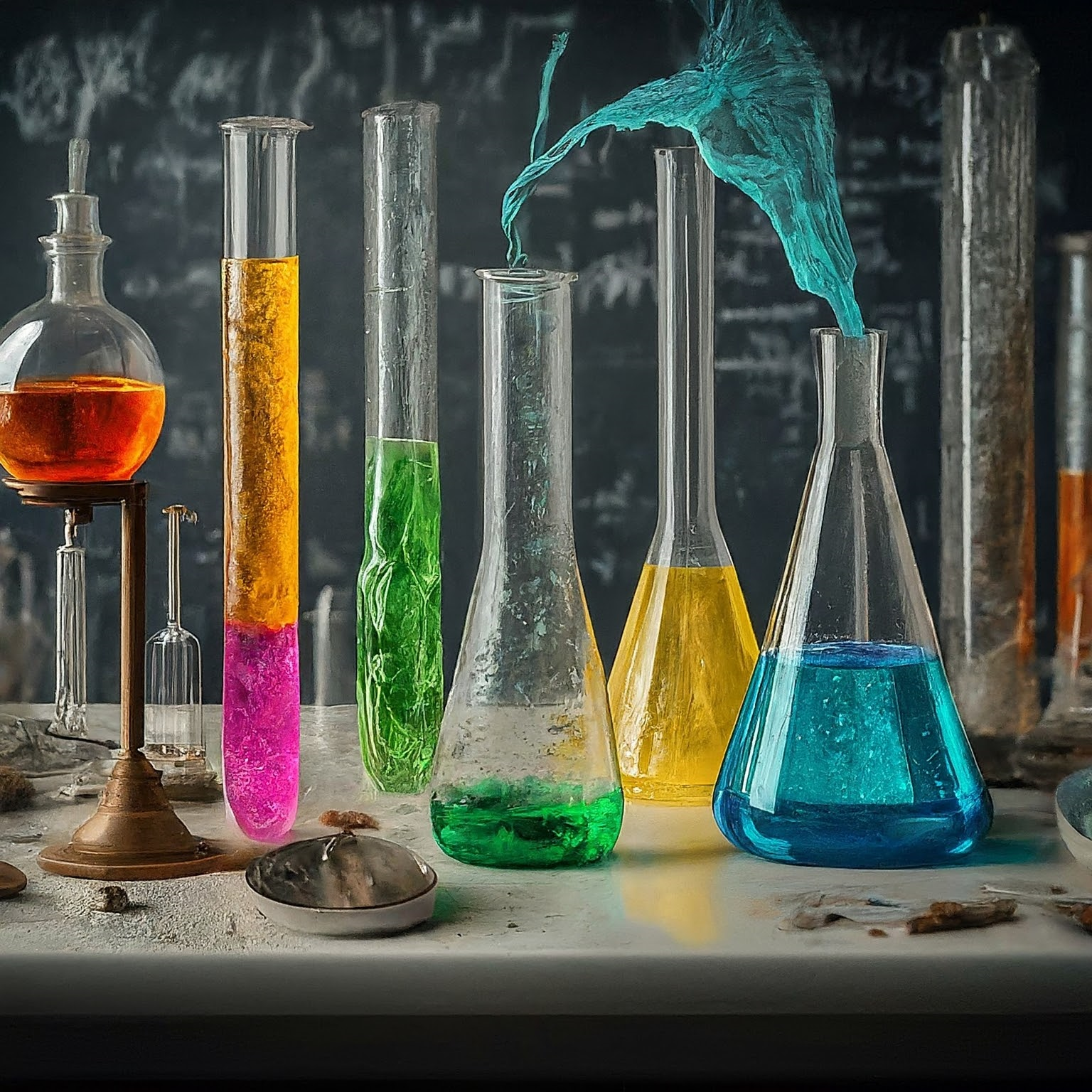
General Chemistry 1 ni Hem Gwapo 303199
This course provides learners with essential chemistry concepts and skills. Learners learn how to make accurate measurements,
understand the electronic structure of atoms and isotopes, explain the behavior of subatomic particles, calculate percentage
composition, and write compound formulas using nomenclature rules. Additionally, learners explore the various properties of
chemical bonds and examine how these properties relate to the types of bonds in different compounds. The lessons can be applied
in environmental science, community-based issues, and industrial processes, especially relating them to green chemistry and the
United Nations’ Sustainable Development Goals.
